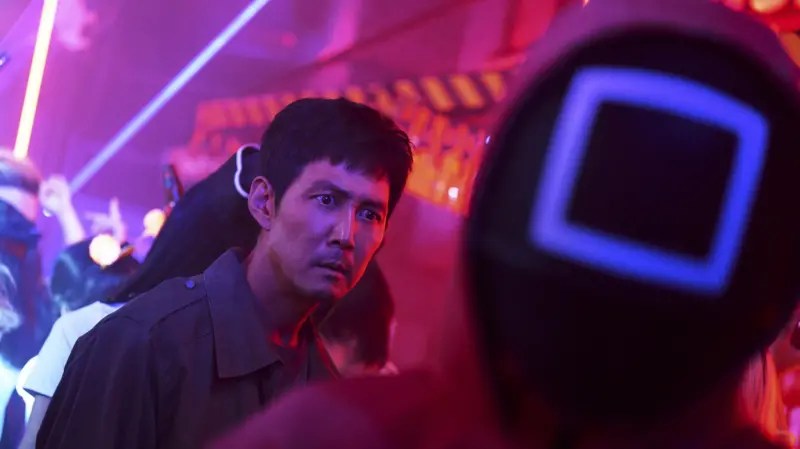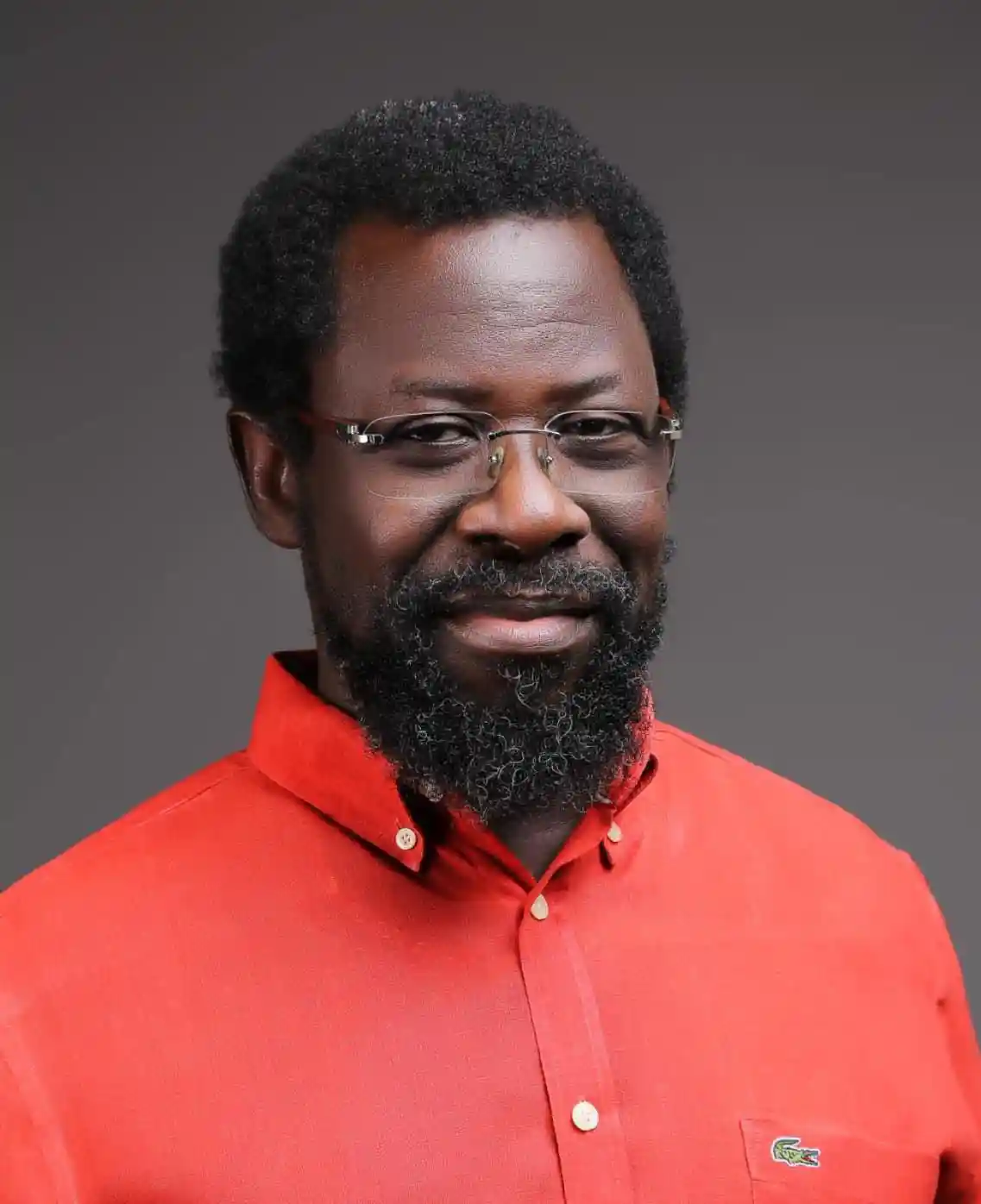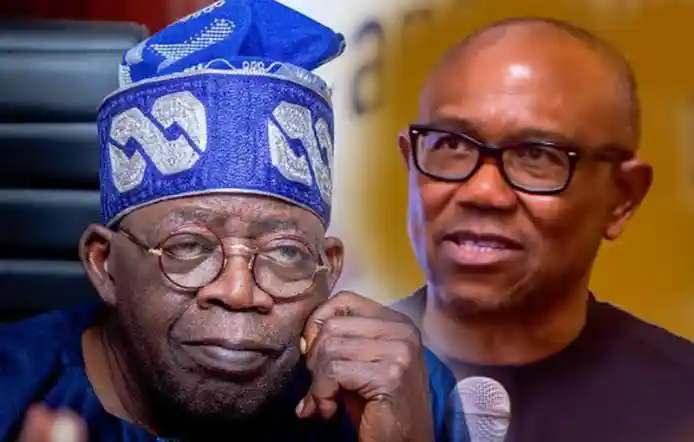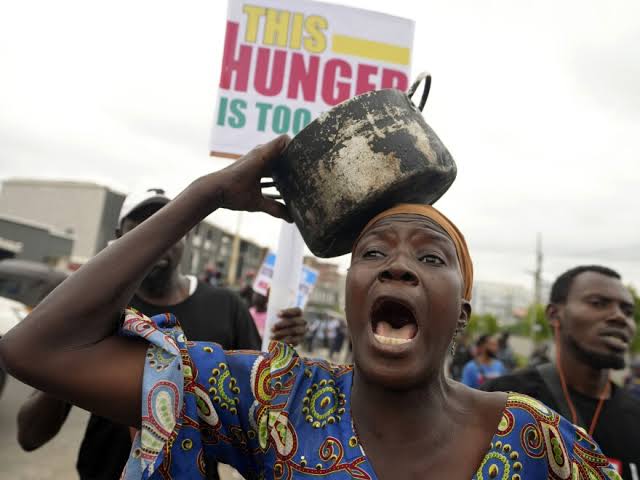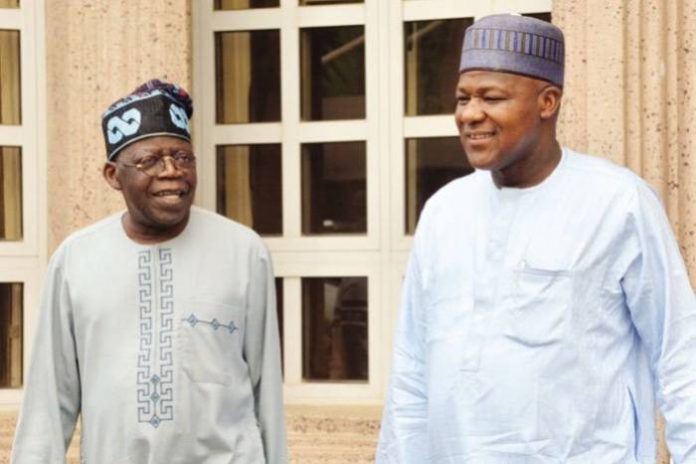The Inspector-General of Police, Kayode Egbetokun, has disputed claims by Amnesty International that the police used excessive force and k!lled 24 citizens during the nationwide End Bad Governance protests, also tagged Hunger protests, that held between August 1 and 10.....Read Full Article>>
Reacting to the report by Amnesty International, Egbetokun said that contrary to the claim by Amnesty, seven d£@ths, and not 24, were recorded during the protests, and the police were not responsible for the d£@ths.
Amnesty International had in its report released last week alleged that no fewer than 24 protesters were k!lled and over 1,200 others detained by the Nigeria Police during the nationwide demonstrations.
The organisation stated that those k!lled included 20 young people, an older adult, and two children.
Reacting to the report, the IG, in a statement on Monday, Dec. 2, by the Force Spokesperson, Muyiwa Adejobi, described the allegations as unfounded, misleading, and inconsistent with incident reports submitted to his office by affected commands.
Egbetokun said, “The Nigeria Police Force has expressed serious concern regarding a recent 34-page report released by Amnesty International, which alleges police culpability in the deaths and arrests of protesters, and the use of excessive force during the #EndBadGovernance protests in August 2024.
“The Force categorically refutes these allegations as unfounded, misleading, and inconsistent with incident reports submitted to the office of the Inspector-General of Police by affected commands”.
Egbetokun maintained that throughout the protests police officers conducted themselves professionally by the rules of engagement.
He said, “The Force wishes to reiterate that throughout the protests, it operated in compliance with established rules of engagement, including providing security for peaceful protesters.
“The Inspector-General of Police had issued clear directives to all Commissioners of Police on managing the protests, emphasising that officers should not deploy arms to manage protests.
“Instead, arms were only to be used when protests escalated into riots involving loss of lives and property damage. Even then, engagement with armed protesters was limited strictly to specialised armed units to restore order.”
“The Nigeria Police Force recorded several unpalatable incidents during the protests, which were accurately documented and publicly shared.
“For example, in Borno State, four individuals tragically lost their lives, and 34 others sustained severe injuries following an attack by suspected Boko Haram/ISWAP operatives who infiltrated the protest and detonated an Improvised Explosive Device.
“Similarly, in another isolated incident, an unregistered vehicle rammed into protesters, resulting in two fatalities. These events, which accounted for the total of seven recorded deaths during the protests, were not caused by police actions.”
Egbetokun stated that in states where foreign flags were displayed, police officers were attacked, and properties were destroyed, the force deployed tear gas to prevent further escalation and maintain public safety.
He said, “Furthermore, in Kano, Kaduna, Jigawa, Nasarawa, and Niger States, some protesters displayed foreign flags, destroyed public and private property, and attacked police personnel deployed to ensure their safety.
“The Police Force had to employ strategic measures, including the lawful use of tear gas, to prevent further escalation and ensure public safety. The use of tear gas is a globally accepted practice for dispersing unruly crowds and was applied judiciously without recourse to live ammunition.”
The IG insisted that the police didn’t fire live ammunition or cause the death of protesters during the protests.
Egbetokun said, “It is important to state that the police did not fire live ammunition nor caused the death of any protester. Officers demonstrated professionalism, restraint, and adherence to constitutional and international standards, even when subjected to attacks and injuries.
“Arrests made during the protests targeted individuals engaging in criminal acts such as treason, vandalism, robbery, arson, and looting. These arrests were conducted lawfully, and those detained were treated within the ambit of the law.
“In a gesture of magnanimity, the Federal Government has since granted pardon to the individuals arrested during the protests despite the severity of their offences, evidencing its commitment to reconciliation and national unity.”
Egbetokun ordered investigations into the claims by Amnesty International, directing the affected Commissioners of Police to submit a detailed incident report within one week.
He said, “In response to Amnesty International’s allegations, the IGP has directed a comprehensive investigation into the claims. Commissioners of Police in the affected states have been mandated to submit further detailed reports on the incidents within one week. This directive aims to identify any deviation from the Standard Operating Procedures and rules of engagement, irrespective of the security agencies involved.”

